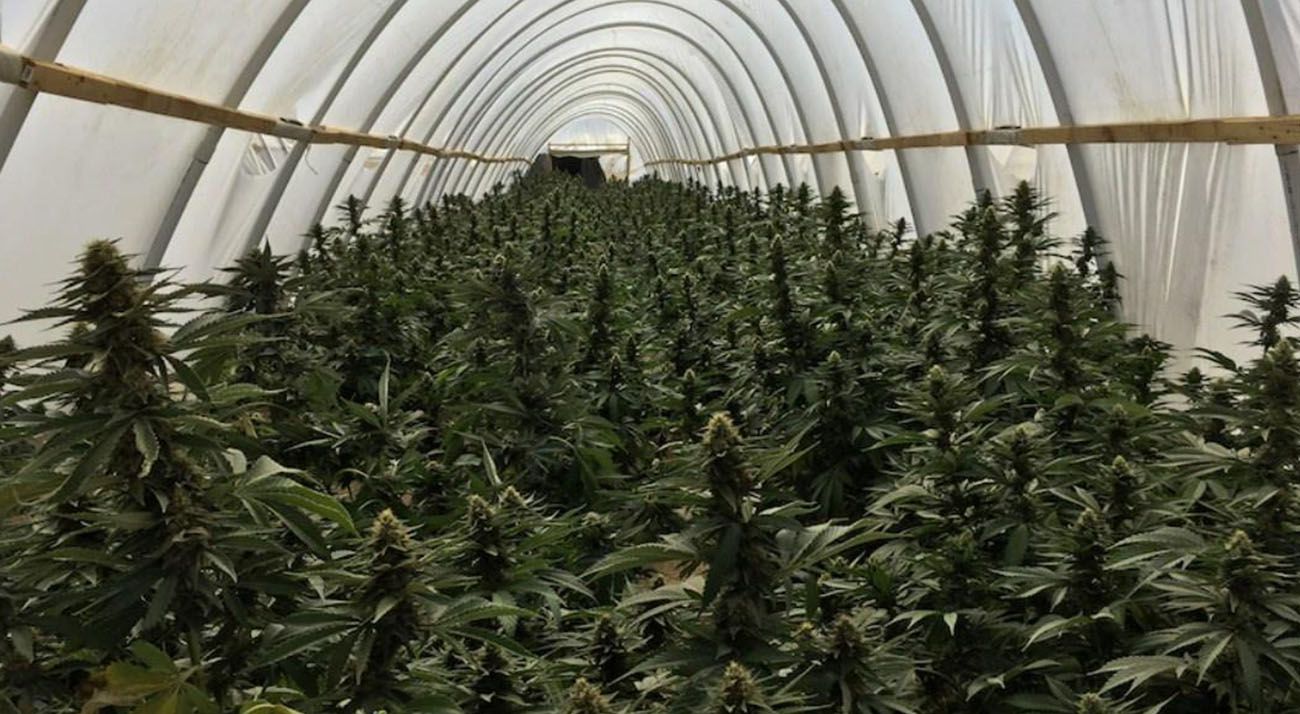The state of Texas could be the next jurisdiction to legalise or decriminalise cannabis, as there are two new pro-pot bills currently making waves in the state.
The first bill, House Bill 4089, seeks to legalise cannabis fully. It would also expunge cannabis convictions and introduce a new tax that would fund early childhood education. The bill was originally filed on March 12th, though its sponsor Democrat Representative James Talarico, chose to bring it up on April 20th (also known as “4/20”).
Talarico believes that the bill supports a “popular bipartisan idea” and will end the “racist war on drugs” in Texas.
Black Americans are 4x more likely than White Americans to be arrested for marijuana possession even though both groups consume marijuana at the same rate.
In his 4/20 speech, Talarico also cited a poll from the Texas Tribune, which found that 60% of Texans support full cannabis legalisation while only 13% believe the substance should be fully illegal.
Texas lawmakers are also considering a second bill – House Bill 441. House Bill 441 is a cannabis decriminalisation bill that legalises the possession of cannabis under an ounce. It also removes penalties for cannabis concentrates like CBD oil.
House Bill 441 has been approved by the state’s House Criminal Jurisprudence Committee. This makes it the second decriminalisation bill to be approved in Texas, though the other bill was shot down in the Senate in 2019.
According to Kyle Hoelscher, a cannabis law export and Corpus Christi Attorney, the fate of both of Texas’ cannabis bills rests in the hands of Texas Lieutenant Governor Dan Patrick. Patrick was previously curtailed several cannabis reform efforts and is a fan of the ‘cannabis is a gateway drug’ philosophy.
This is false, according to Talarico. Talarico told KVUE that cannabis users do not move onto other drugs and that research supports that tobacco and alcohol are more dangerous for human health.
If the legalisation bill passes in Texas, the state will become the third US state to legalise recreational cannabis in 2021 – after New Mexico and New York.
While cannabis law reform isn’t a guarantee in Texas yet, the pieces of the puzzle are slowly falling into place.









